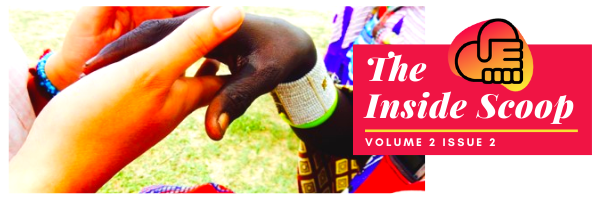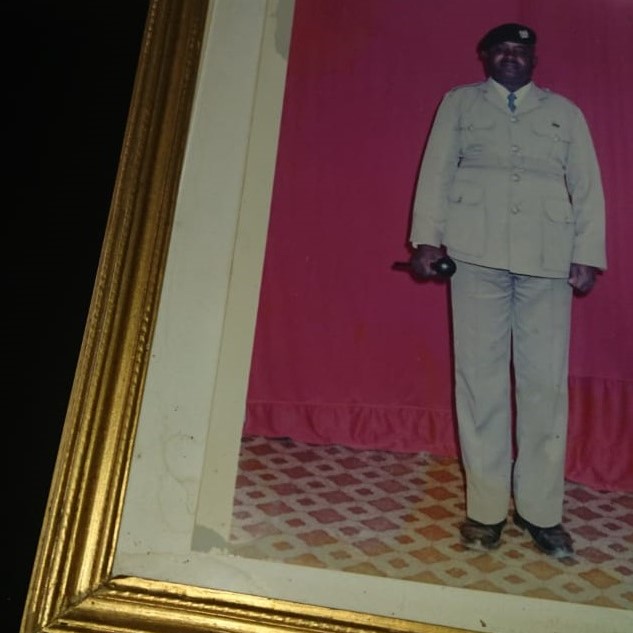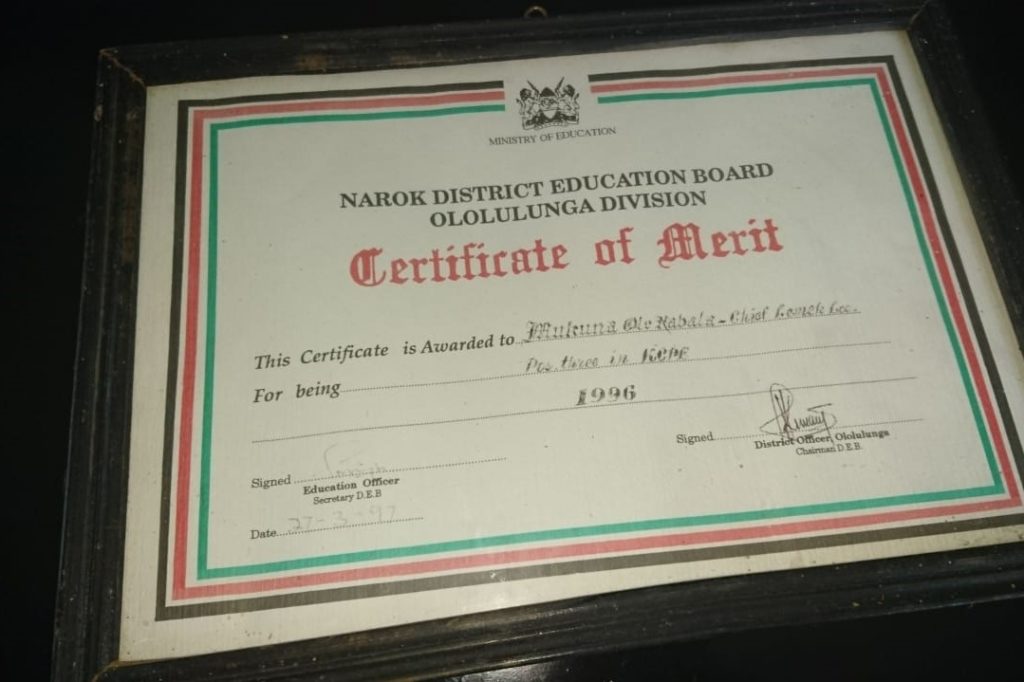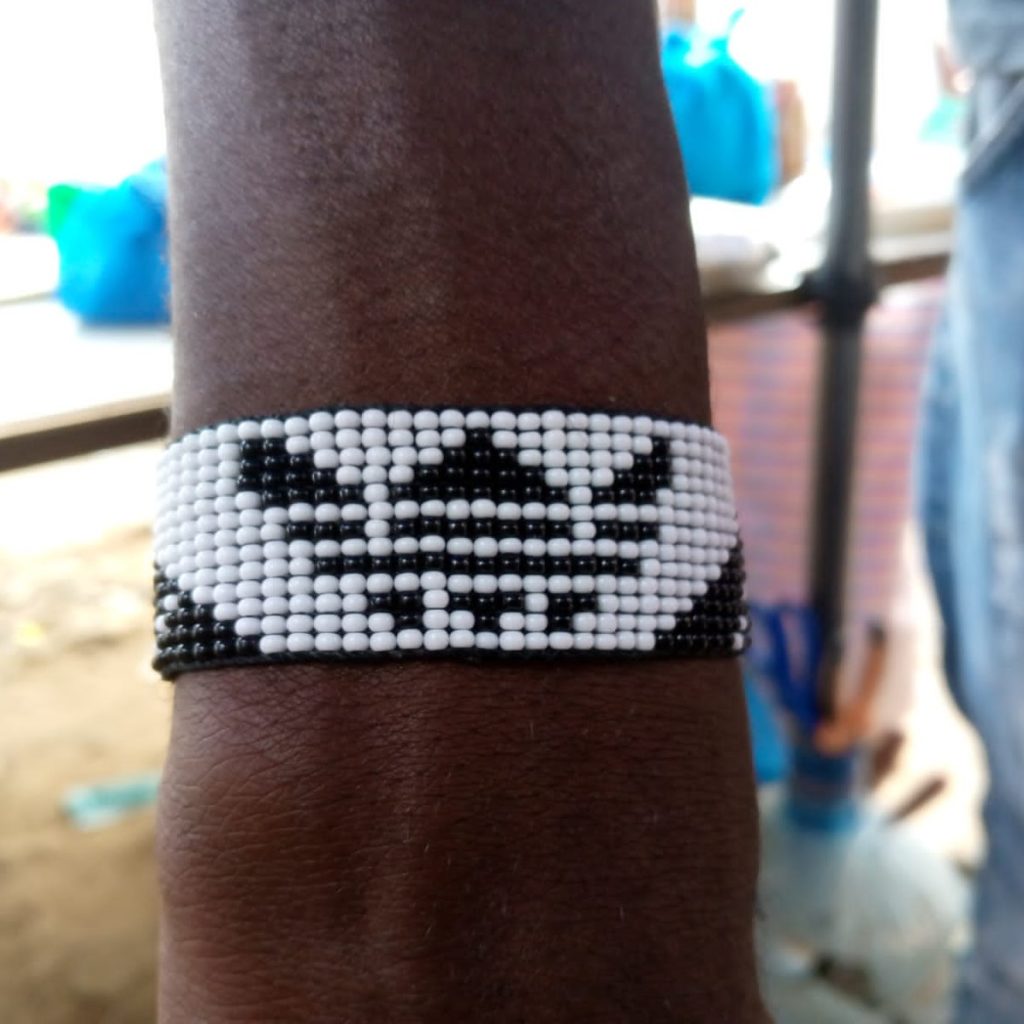The best news!
We experienced such incredible generosity during the month of December, we knew even before Christmas we were going to have enough money to send to Sister Agnes and we were going to have a “hatch the hatchery” party coming up soon. What a Christmas blessing it was for Sister Agnes, her consultant Patrice Lumumba, her fellow nuns, and the kids in their feeding program! Ever since the building of the wonderful 2 – story poultry shed, this fall, everyone has been asking: “when is it going to happen?” Finally, we had an answer and monies were sent in January. We were all in a celebratory mood when we received notice that the monies had been received.
The incubator for the chicks has been purchased and delivered. The workers who are installing electrical hook up and plumbing have been at work. Patrice Lumumba, Sr. Agnes, Sr. Pamela and Sr.Rita will drive to Mombasa at the beginning of February to find the right vehicle to bring back to Kakamega. This vehicle will be used to deliver chicks, eggs and eventually broilers to markets. Perhaps on the way back from Mombasa, they will stop in Nairobi and pick up the feed, the medicines, the feed/water stations and the generator, a backup to cover times the power goes out. We do not know if they will bring back eggs yet, that may wait until everything is set up and humming along. We will let you know next month how it all went. For now, please celebrate with us! We are going to have photos of chicks etc coming up very soon.
Mama Charity is recovering from the loss of her daughter Manuela Wisdom and of course her sister a short time before. She is holding the farm land close to her heart and making plans for planting trees when the spring rains start late March, early April. She speaks of planting peanuts between the trees and in addition to the children that the local pastor has been caring for, she wants to offer work to widows in that area who cannot take care of their children without income. By employing them on the farm, work gets done, children get to live with their moms and it is a “win-win” for all. Of course this brings up the dream of providing a school for the children right there on the farm land as they walk several kilometers to go to school now and often miss classes. We look forward to seeing Mama Charity’s dreams move forward!
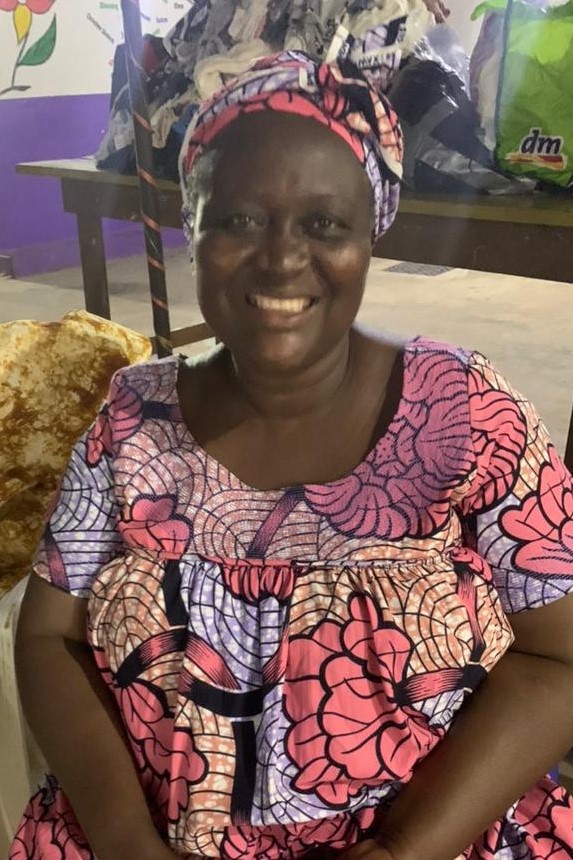
OOur full attention is now on finding water solutions for Mama Dina’s community in Oloonkerine, Kenya in the Maasai Mara. As you know, there is drought, no green grass, no water for irrigation, nothing to sustain the cows and goats. The only source of water is a dugout pond that held rainwater before the rains stopped. They moved the cows several days walks away to an area with some trees and fed them leaves and branches, the only food available. They lost more than half of their cattle, starting with 183 and down to less than 83 now. They have been able to purchase some hay for the remaining cattle, hopefully enough to keep them alive until the spring rains come. We have seen photos; these are beautiful cows. They have lost their ability to produce milk, so the children do not have milk and Chai tea is now served black. It is very unusual to drink tea without milk in this community.
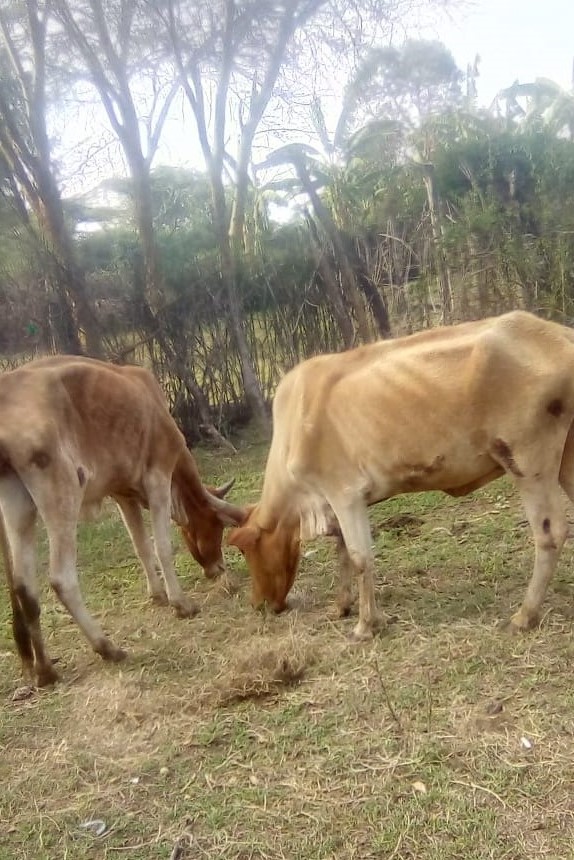
We thought we would share with our Hand-in-Hand community something about Mama Dinah’s life. Dinah came from a family of 3 girls and 2 boys in Narok County, Kenya. Her parents separated and her mother believed strongly in education for the children. Education was not highly valued by the culture at that time, it was not the norm for boys and rare for girls to receive education. Because the Maasai did not send children to schools generally and girls even less, there were a total of 5 girls in the primary school Dinah attended. School tuition was expensive, and boys were the priority. Dinah completed to 7th grade in 1979. Dinah was married around age 14 or 15. Her husband loved education and believed in it for all children. Her first born was born in 1983. Mama Dinah had 5 children, 3 girls and 2 boys and all attended school.
Mama Dinah saw the need for what she referred to as an “under-study school” or what we call pre-school today. She went to the local school to propose this and offered to teach the children herself without pay until the parents saw the value of this. She worked 1 year without pay and then the school recognized this was a good thing and offered to pay her KSh250 Kenyan Shillings/month ($2.79 (CAD)/$2.20 (USD)). Later she started another school, however there was no water for the school and the family moved to Oloonkerine, where she is now. Mama Dinah with the support of her husband went to the chief asking permission to start a school. She went from home to home to request the children attend her school and 28 of them did. There was no building, no school supplies, no blackboard or paper. They sat outside and she drew numbers and letters in the soil. Then the county hired her as a teacher and built a classroom and provided school supplies. She was promoted from teaching pre-school to teaching grades 1 and 2.
By 1998 or 1999, the community realized education is important and that both sexes should be educated and in 2000, girls in the community started schooling as well. This was of course a change in cultural beliefs in large part thanks to Mama Dinah’s influence. During this time other cultural norms changed as well. The practice of female circumcision was no longer practiced. Mama Dinah’s husband was a role model in the community as was Mama Dinah. Even now Mama Dinah confided in us, she still dreams of being able to continue her own education, she appreciates education so much. Because her husband was so well respected in the community, he was made chief of one of the communities they lived in.
Mama Dinah saw a need for the community mamas to come together and form relationships and support for one another. At that time, homes did not have their basic needs for cups, plates etc in their homes. She formed small groups of 15 mamas in what she calls a “Merry-Go-Round” Each woman saved 20 schillings from the 500 she was given to go to market and put it away for the group meetings. Whatever they did not purchase at the market with the 20 shillings such as salt or potato they borrowed from another in the group for that time. Then the women combined the monies and purchased 1 cup for each household. Next they bought 1 plate for each household. This continued until each household had what was needed.
The mamas started sharing with one another. Domestic violence was common in the households, in the culture. If a mama did not meet her husband’s expectations, she was beaten. As the women supported one another in these small groups and children were attending school, things changed. At that time, it was common for the women to make alcohol and sell it to support the feeding of the children. The husbands felt they had a right to the alcohol which was made in their home. In that situation domestic violence flourished. Because of the Merry-Go-Round gatherings and discussions, the women stopped making the alcohol and men only drink alcohol if they go into town and purchase it there.
Money comes from raising cows. Each family has cows they raise. They milk them for their milk and the husband sells cows or goats for income. The women milk the cows and the men do not ask the women to give them the money from the sale of the milk. There is no money from the government to support individuals in the community until after retirement age which is about 70 yrs and older. Mama Dinah’s husband is now about that age. At 70+, the man receives about KSh 4000 /month ($44.61 (CAD)/$35.20 (USD).
The Maasai are pastoralists, tending cattle, using cows for their milk. Each family has different numbers of cows, dependent on the number of boys they have. (While the number fluctuates, it may average about 600-700 cows in this community. At the time of marriage, the new wife moves to the husband’s home and the new husband is given cows from the family stock. With the severe drought this year, some have moved from their homes to areas along or near the Mara River however Tsetse flies have been a problem there. Cattle can be infected by these flies, some become ill and some even died. So, the families had to relocate again. In areas near the Mara River, many trees were cut down in the past to clear the land and this has caused further damage to the ecology and water availability. The government has initiated replanting of the trees and the treed areas are now off limits to all. There are 49 different tribes in Kenya, each with its own culture and language and customs. The Maasai have large scale lands available. Others may have smaller plots of land and set up smaller agriculture projects like raising chickens.s
Since the women meet regularly supporting one another and the community as a whole, they moved into making beaded jewelry. The local market is saturated so they are looking for a wider or even a global market. Hand-in-Hand is looking for ways to support them in the effort to sell their beaded necklaces, belts, purses and sports teams related items. If any of you are aware of a market near you for these items, we at Hand-in-hand are all ears.
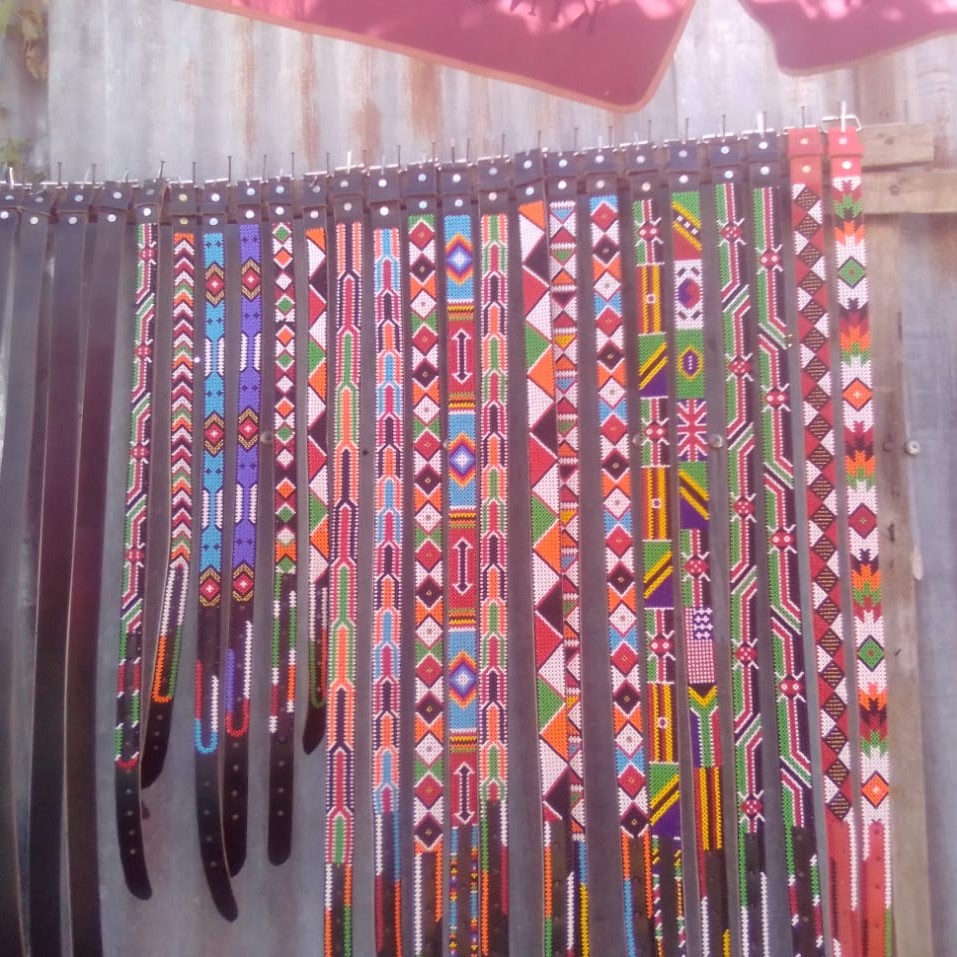
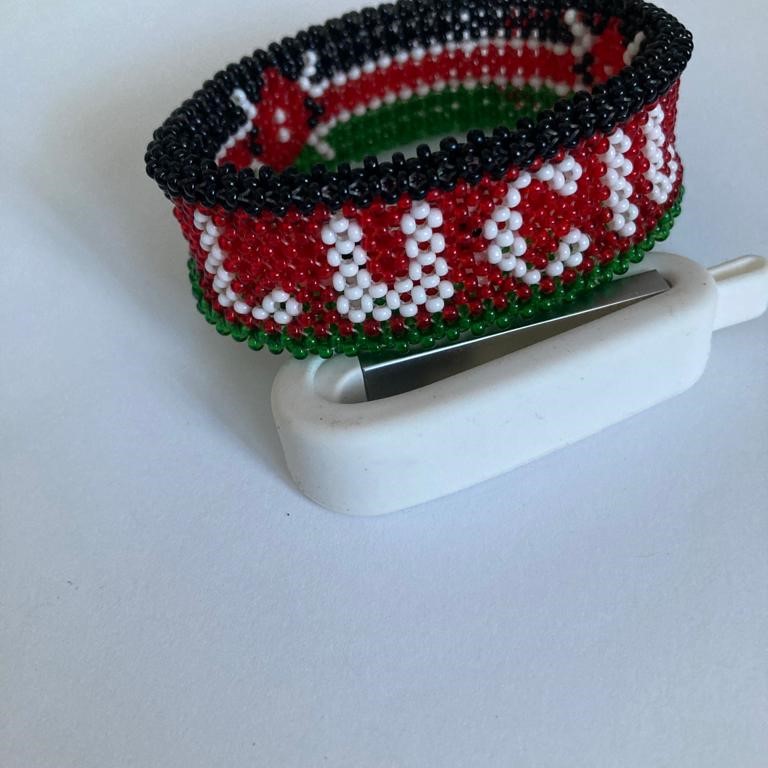
Our focus now will be to get the information we need to know to ascertain the best water solutions for Mama Dinah’s community, find partners who can help bring water to the community and raise the funds needed to make it happen
All Newsletters can be viewed on our website www..handinhand.space

